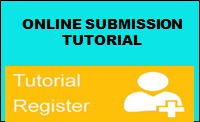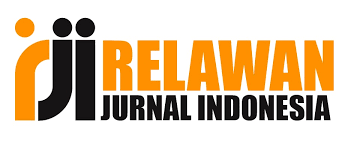Plagiarism Screening
Plagiarism is an act when an author uses another author's work (copying someone's previous ideas, processes, results or words) without permission, credit or acknowledgement. Arborescent Journal strictly prohibits unethical acts of copying or plagiarizing in any form. Authors must ensure that they have written entirely original works. Arborescent Journal considers plagiarism as a serious offense and will blacklist authors who intentionally quote or use material from other published works without proper acknowledgement. Authors are advised to use a plagiarism checking program to check for similarities from previous publications before undergoing the review process or before publication. Every manuscript that is also submitted to this journal will be screened for plagiarism using the Turnitin Program before being submitted or published by the Arborescent Journal Editor.
The following types of plagiarism are considered by Arborescent Journal:
1. Full Plagiarism: Previously published content without any changes in text, ideas and grammar is considered as full plagiarism. This involves presenting the exact text of the source as one's own. 2. Partial Plagiarism: If the content is a mix of different sources, where the author has changed the text extensively, then it is known as partial plagiarism. 3. Self-Plagiarism: When an author reuses all or part of their previously published research, then it is known as self-plagiarism. Complete self-plagiarism is the case when an author republishes his/her previously published work in a new journal.
If plagiarism is detected by any member of the editorial board, reviewers, editors, etc., at any stage of the article process - before or after acceptance, during editing or at the page proof stage. We will inform the authors and ask them to rewrite the content or cite the references from where the content has been taken. If more than 30% of the paper is plagiarized- the article may be rejected and the same is communicated to the authors.
If plagiarism is detected after publication, the Journal will investigate. If plagiarism is found, the Arborescent Journal competent authority will contact the authors' institutions and funding agencies. Papers containing plagiarism will be marked on each page of the PDF. Depending on the level of plagiarism, the paper may also be officially withdrawn.














